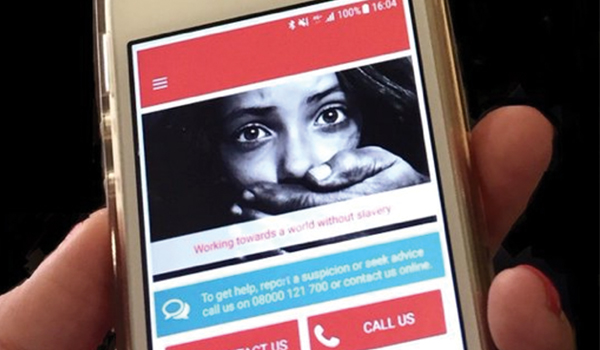Email malaise
How technology can prevent spam and virus attacks, block offensive content and safeguard against data leakage from police IT networks.

How technology can prevent spam and virus attacks, block offensive content and safeguard against data leakage from police IT networks.
Ed Rowley, technical consultant at email and web filtering software specialists Marshal, talks to Police Professional about how police forces can tackle the sensitive issue of helping staff to adapt their surfing and email habits to ensure that police and public data is not compromised, for example through infecting the police network with a virus by opening a rogue email attachment, or by inadvertently posting sensitive information on a social networking site.
With the Flanagan review calling for a reduction in police red tape and form filling and Ken Jones, President of the Association of Chief Police Officers (ACPO) claiming that bureaucracy is strangling the service, it is interesting to see a piece of research, carried out by academics at Glasgow and Paisley universities, which found that email reduces productivity and causes stress in the workplace.
Their study identified that pressure to constantly monitor and respond to emails is causing 30 per cent of survey respondents to feel stressed and a further 28 per cent to feel driven to check and respond to a torrent of incoming emails. In fact, using monitoring software, the researchers found that workers actually switched applications to check their inbox up to 40 times an hour! Only 30 per cent of respondents felt relaxed about reading and responding to email.
This is a tremendous statistic, which does not even take into consideration the negative impact of spam, which currently comprises up to 90 per cent of all messages reaching the gateway of the average email network. Nor does it take into account the additional stress and disruption caused to staff who feel compelled to trawl their junk email folder to ensure that no important work emails have been wrongly blocked, a situation known as false positives.
This last example of what we will call false positive anxiety can be significantly reduced through the use of good content filtering software that uses functionality such as multiple layer filtering with automated whitelisting, to ensure that known and trusted email senders messages do get delivered.
Before implementing filtering software, one of our customers was spending up to two hours a day checking to ensure that no legitimate emails had been caught in his forces spam filter. Prior to that, the team had been inundated with complaints from staff that their inboxes were flooded with spam. Using the technology, they were able to set parameters that minimised false positives, while maximising the spam catch rate, saving the team about 10 hours a week. This is why more than half of the UKs police forces are already using MailMarshal to filter incoming and outgoing emails.
While content filtering software cannot tackle the issue of staff feeling pressured to constantly switch applications to check and respond to email (this can be handled only through sensitive HR management), it can remove this added worry of false positives. At the same time it stems the tide of incoming spam, by intelligently filtering email before inappropriate or malicious content ever gets anywhere near networks or staff inboxes.
Content filtering software was designed to ensure that employees have to deal only with work-related email, without being distracted by unwanted offers of pharmaceutical products or surgical procedures. However, with the rapid adoption of social networking, managers have discovered a whole new world of distractions that arent stopped by filters because they are sent by people that are known to the recipient and if anything, offer a welcome distraction from all the work emails.
This is particularly so at the time when new recruits join the team.
They are part of the MySpace generation: used to getting all of their queries answered via Google searches; accustomed to carrying their contacts, photos and files around on an MP3 player, mobile phone or USB st


